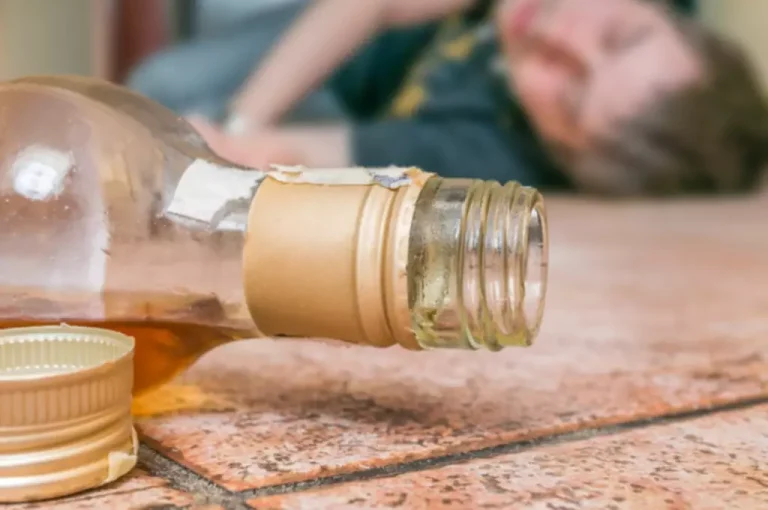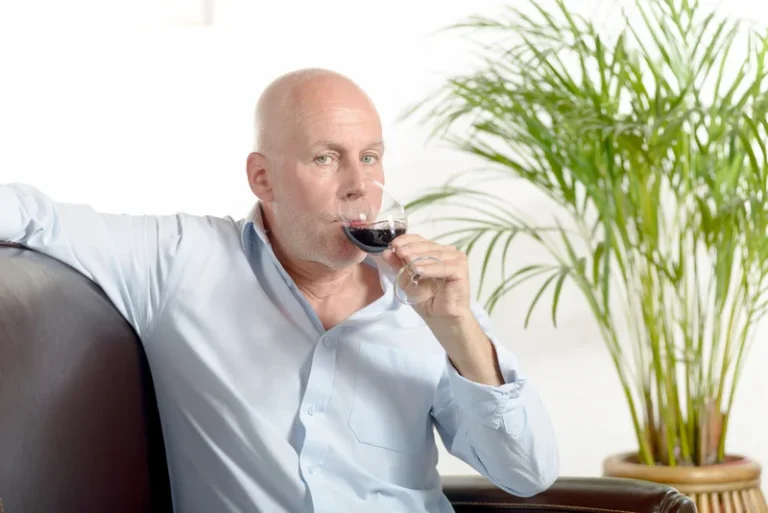Alcohol-Induced Amnesia and Personalized Drinking Feedback: Blackouts Predict Intervention Response

The nature of blackouts makes it difficult for researchers to examine the correlation between memory recall and blackout type. If you or a loved one struggles with alcohol abuse or addiction, contact The Recovery Village Palm Beach at Baptist Health to speak with a Recovery Advocate about how addiction treatment can help. With normal memory function, information is first acquired from the environment and stored in short-term memory.

practical implications and recommendations for future studies
Also, because short-term memory remains intact, use ofecological momentary assessment with smart phones might also be useful forgathering information about the drinker’s experiences while he or she isin a blackout state. Subsequent interviews could then determine what aspects ofthose events were remembered and whether they were remembered in the same waythat they were reported during the drinking event. Although prevalence rates were typically around50%, one study reported a prevalence rate of only about 20%;however, this was a qualitative study examining how university students definebinge drinking (Clinkinbeard and Johnson,2013). As such, participants were not directly asked whether they hadexperienced an alcohol-induced blackout, but rather participants were asked todescribe binge drinking and then researchers categorized whether the responsesdescribed alcohol-induced blackouts. In addition to their prevalence rate of54%, Barnett and colleagues (2014)found that college students reported experiencing an alcohol-induced blackoutnearly once every five drinking weeks during the first year of college.
Prevention of Alcohol-Related Memory Loss

In some cases, generally high levels of co-conscious may actually help to mask black out switches because individuals become complacent and stop keeping an eye out for gaps in their memory or signs of unremembered activities. Still, several studies link heavy alcohol use to learning and memory problems. It’s unclear whether blacking out causes serious long-term damage, but heavy alcohol use and risky behaviors while blacked out can have serious long-term health effects. Other studies have found using benzodiazepines such as Valium and Rohypnol alongside alcohol greatly increase the chances of a blackout. Abusing these drugs without alcohol can cause memory loss, but alcohol enhances the effects of the drugs.

Potential Neurobiological Mechanisms of Alcohol-Induced Blackouts
Research indicates that blackouts are more likely to occur when alcohol enters the bloodstream quickly, causing the BAC to rise rapidly. This could happen if someone drinks on an empty stomach or consumes large amounts of alcohol in a short amount of time. Because females, on average, weigh less than males and, pound for pound, have less water in their bodies, they tend to reach higher peak BAC levels than males with each drink and do so more quickly. This helps explain why being female appears to be a risk factor for having blackouts.

If you’re on antidepressants and have memory loss, talk to your doctor about changing your medicine. Temporary blackouts are probably due to temporary disruption of theta rhythm input to the hippocampus. Approximately 50 percent of college students who drink have experienced a blackout.
- To determine whether “alcohol blackout” meets these standards, an evidence-based analysis of published scientific studies was conducted.
- Many people with alcohol-induced dementia require constant care for the rest of their lives.
- The adverse effects of prolonged and excessive alcohol use are well-documented and include liver damage, cardiovascular conditions and many other negative effects.
- Short-term memory is sometimes called scratchpad memory—it records events for only about three minutes before they fade.
- That’s largely because the parts of your brain responsible for decision-making aren’t fully matured until around age 25.
Binging, pre-partying, and alcohol games, especially on an empty stomach, all produce a rapid rise in blood alcohol levels that make blackouts more likely. Although our understanding ofalcohol-induced blackouts has improved dramatically, additional research isclearly necessary. By fine-tuning our approach to studying blackouts, we willimprove our understanding blackout amnesia of alcohol-induced blackouts, and consequently, bebetter situated to improve prevention strategies.
Blackouts and Your Brain: How To Avoid Memory Loss
People who are blacked out are likely to continue drinking because the substance jeopardizes their judgment. They may not remember how much they have consumed, so they continue drinking excessively. People who are experiencing being blackout drunk often feel similar symptoms to being drunk. They feel carefree, are overly friendly or overly aggressive, have slurred speech and can’t walk straight.
Long-Term Effects of Blacking Out
Hierarchical multiple regression was used to examine (a) alcohol-induced amnesia and (b) AUDIT score as moderators of intervention effect on alcohol-related consequences. Age, gender, baseline drinks per week, and baseline alcohol-related consequences were included in the model as covariates. In Step 1 of the model, covariates, group (PFI vs AO), baseline alcohol-induced amnesia (yes vs no), and baseline AUDIT score (yes vs no ≥ ۸) were examined as predictors of alcohol-related consequences at one-month follow-up. In Step 2, interactions evaluating alcohol-induced amnesia (group X amnesia) and alcohol risk (group X AUDIT) as moderators of intervention effect were included in the model. Follow-up tests of simple slopes were conducted to determine the significance of the association between group and alcohol-related consequences at high and low levels of the moderator (Aiken & West, 1991; Cohen, Cohen, West, & Aiken, 2003).

دیدگاه
دیدگاهی ثبت نشده.